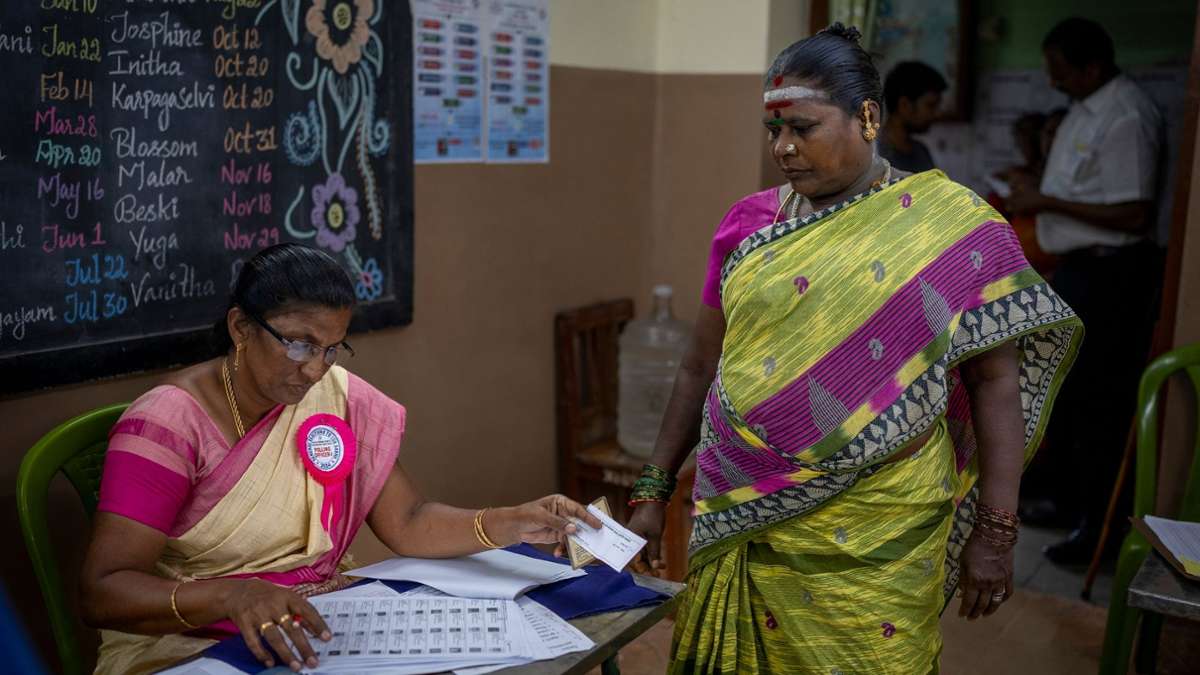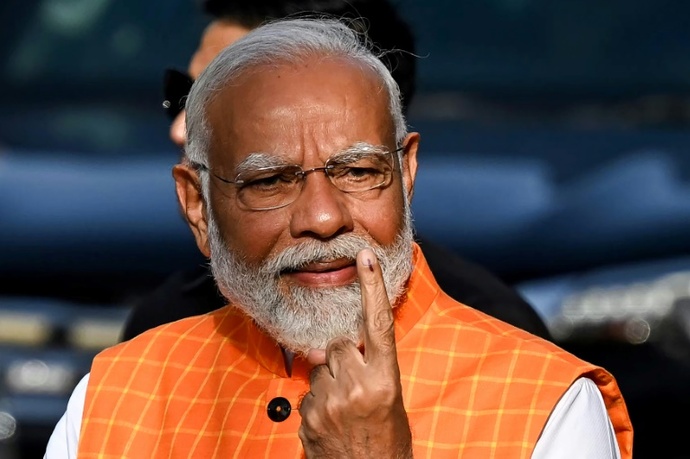picture: Pixabay
Football World Cup in Qatar: There is still a lot to do with football and politics. The “football dwarfs” from Asia and Africa have never been so strong. How will the West continue to rule the world?
Playing with the ball is something divine. Isn’t it a star ball? Isn’t the universe a ball?
Franz Joseph Wagner
We are witnessing the end of globalization as we have known it since the 1990s.
Annalena Bärbock
We are too good, our greed is too little, we are not dirty enough. This last greed, this dirty something, we miss that. We’re back to zero.
Antonio Rudiger
Different from claim the current German foreign minister that globalization is coming to an end, he is just getting started: India is no longer making progress, China is relying on change through trade and Iranians are still doing whatever they want.
The current football World Cup also confirms these findings: Never before have the old football powers from Western Europe and Latin America performed so weakly as they did this time: The debacle of the German ex-tournament team demonstrated this very clearly. But also perennial secret favorites Belgium and runners-up EM Denmark were knocked out in the preliminaries without a murmur, as were playoff entrants from Uruguay and Mexico, previously seeded safely.
Soccer midgets from Asia and Africa have never been stronger: South Korea, Japan and Australia, Senegal and Morocco in the last 16. And for the rest, Tunisia, Saudi Arabia, Cameroon and Ghana were all able to celebrate at least some respectable success in the preliminary rounds.
On the last day of the preliminary round, the same scenario was repeated four times: Group leaders and favorites unexpectedly lost to the unnamed, three times the actual theoretical group runners-up and better eliminated: Brazil, Spain, Portugal, France. It goes to show: With a B team and a lack of attitude, you can no longer win automatically like you used to.
Only Argentina suffered a shock defeat in their first leg and were destined to win – an experience that could still be a boon for Messi’s men. Only the Netherlands and England survived the preliminary round.
“Diversity wins”?
Where does the relative weakness of established countries come from? In a way, it’s an open excuse and a discursive diversionary maneuver when interested parties (namely the right wing) want to blame the depressing debate about rainbows and “One Love” bearings for Germany’s failures.
On the other hand, it is surprising that, apart from Germany, belgium and Denmark with the debate on the topic of rainbows in the first days of the World Cup.
It turns out that the three national teams have lost their focus on being successful in sports. Over the course of several days, sports coverage degenerated into supportive and indirect political coverage. In the end, “Diversity won” only on the plane “Fanhansa”, which the loser Germany flew home.
By contrast, France national coach Didier Deschamps’ reaction to reporters’ questions about a construction worker who died in Qatar was significant: “This is a sensitive matter. I want to express my regrets,” said Deschamps.
“The problem may be a priority for you but my priority is the game. That doesn’t mean we are heartless from football. But you shouldn’t mix things up.”
offended host
Qatar’s very sober joke about Germany since the hand-to-mouth gesture that insulted the hosts in the opening match went well with this. Qataris very consciously wore pro-Palestinian armbands in the stadium at Germany’s next two matches, and just as consciously did they show pictures of Mesut Özil and the scornful farewell gesture on Qatari television broadcast around the world.
Germany has lost much of the credit for its behavior in the Middle East in recent weeks.
Similar to them European Union Parliament Resolutionwho recently once again sharply criticized Qatar’s human rights standards and the World Cup: “The World Cup is a disgrace.”
This week, Qatar’s Shura Council, an advisory body with formal powers, responded with a strong response resolution: “False claims… and escalation of the systematic and vicious campaign that the State of Qatar is facing to host the World Cup”.
With their didactic initiative and stubbornness, the EU Parliament and German politicians are pushing for a widening divide between the West and the Middle East. ZDFcorrespondent Golimeh Atai describes these days in ZDF “things that call into question the overall credibility of Germany’s criticism of the World Cup”.
What can be learned from this? At least the national football team shouldn’t be burdened with political struggles and positions political leaders don’t want to take themselves: After all, Energy Secretary Robert Habeck didn’t wear a “One Love” armband when he pleaded for gas in Qatar.
Great among themselves
Only now in the quarterfinals are the greats mostly among themselves again: “Às armas, às armas! … To the guns, to the guns! Fight for the fatherland, … march, march!” – the Portuguese national anthem set the course: Portugal’s win over Switzerland was as glorious as it deserved.
Now Portugal must also beat the usurper from Morocco, the last sans-culottes in the business of aristocratic football, out of the tournament. How else do the West intend to continue to dominate the world if they can’t survive a penalty shootout in Morocco?
The real duel is Ronaldo versus Messi. Two old old superstars. What a World Cup final was like: Argentina versus Portugal! For a long time, Ronaldo loved football like Tom Cruise in the movies: big boys, goofy jumping jacks. A human machine. Meanwhile, like Tom Cruise, he has changed: Ronaldo is lovable. He’s stubborn, he acts up, he wants to look cool but he’s not – and that, that desire, makes him human.
After the ads appear ads
As soon as the commercial track appears on ARD the “Sportschau” logo. After the commercial came the ad: “Football is more than just a game in Arabia. It is an experience. Anticipate; exhilarate; feel the excitement; feel the spectacular; feel the reality; feel the thrill; feel more of the Arab home. Visit Saudi.”
Saudi Arabia actually always buys itself in advertisements right before the start of the World Cup broadcast, right in front of Qatar.
After all, Germany’s World Cup experts came out. Apart from star cruiser Christoph Kramer, who was given a good partner in Peter Mertesacker, Bastian Schweinsteiger has stepped up his performances significantly.
The second highlight also spoke on ZDF: Former striker Sandro Wagner impresses with understandable analysis and audacity for the thesis.
Sami Khedira and ThomasWärmelsberger at ARD had good moments, especially when it comes to the German team, but their performances were too inconsistent and the two did not contrast enough.
The actual commentators, on the other hand, can hardly be surpassed in terms of unevenness. About Tom Bartels at ARD:
The support in Argentina is very different from that of the German team – you can feel it from the first minutes. No message expected here either. Criticism of human rights, for example. The fun here is the same as before. A country in economic crisis. There are many problems of their own here. There is unconditional, even fanatical support, nothing to look forward to but forward.
Tom Bartel
Bartels then confused the players several times, saying “Alvarez” when he was off the ball and not understanding which Martinez to replace.
(Rudiger Suchland)

“Subtly charming web junkie. Unapologetic bacon lover. Introvert. Typical foodaholic. Twitter specialist. Professional travel fanatic.”







